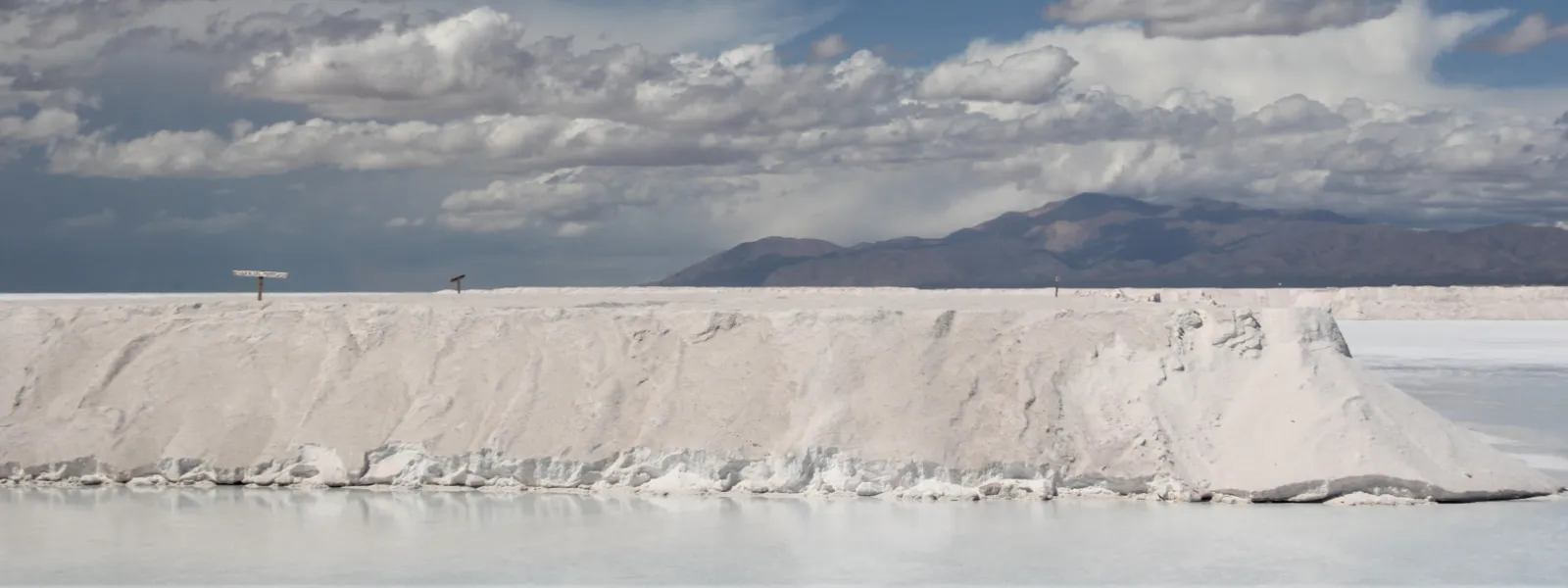
Call for a paradigm shift in EU Raw Materials Policies from a Latin American perspective
Janete Ferreira/Pixabay
The growing global demand for transition minerals—including lithium, copper, and nickel—driven by the current energy transition model, but also by the expansion of the digital economy, data infrastructure, and the military and aerospace industries, is causing irreversible ecological damage and violating fundamental human rights across the territories of the Global South.
Latin America is the most biodiverse region on the planet and one of the richest regions in cultural diversity. It is home to numerous indigenous peoples who inhabit and safeguard these territories. At the same time, it contains significant mineral deposits, creating an intersection between the growing global interest in mineral extraction and fragile ecosystems and territories of traditional and indigenous communities, such as the Amazon and the Andean wetlands. This scenario exacerbates climate vulnerability and creates the conditions for the emergence of socio-environmental conflicts, compromising the ecological and cultural integrity of these territories.
The push for scaling up extraction contradicts multilateral frameworks as well as climate and biodiversity commitments that the EU has subscribed to. This tendency bears the risk of reproducing the same patterns of global inequality and climate damage these policies claim to overcome.
The Alliance for Andean Wetlands calls on the European Union to adopt measures for a paradigm shift towards Raw Materials Policies that do not perpetuate inequalities and harm people and ecosystems, by:
1. Ensuring full compliance with its binding international human rights obligations and maintaining its high standards of human rights and environmental due diligence.
The current debates on deregulation raise concerns about the EU's seriousness in implementing human rights and environmental safeguards along minerals value chains and in global gateway projects. In this context, the EU should not support: (i) the weakening of the provisions of the Corporate Sustainability Due Diligence Directive (CSDDD), an essential lever for holding EU companies accountable for their activities within and outside the region; and (ii) the privatisation of the implementation of international human rights and environmental standards. All forms of corporate self-regulation, such as multi-stakeholder initiatives, industry schemes, or third-party audits, are insufficient to demonstrate compliance with these standards and may undermine states' and companies' obligations. In this regard, legal frameworks should be sufficient to guarantee that corporations are held liable throughout the supply chain of critical minerals according to EU directives. This is a particularly sensitive question as it also challenges the existing regional human rights system, represented by the Inter-American Court of Human Rights, which has produced valuable precedents and jurisprudence on the matter for the past 45 years.
2. Guaranteeing maximum transparency, access to information, and inclusive participation of affected communities and civil society in the Global South.
Ensuring early and effective involvement of civil society and indigenous and local communities affected by strategic projects, strategic partnerships, global gateway, and other initiatives. This involves guaranteeing the right to self-determination; to free, prior, and informed consent (FPIC) of indigenous peoples, and the respect for their right to say ‘no’ (RTSN). Undermining the voices from local communities and civil society increases social, ecological, and operational risks, especially mining projects likely to entail cumulative or long-term environmental impacts, particularly those involving extraction methods with potentially significant adverse effects on water, such as direct lithium extraction (DLE) or evaporation techniques. In contrast, including them is not only ethical but also essential for a just transition, the long-term viability of projects, and for preventing companies from facing future legal liabilities.
3. Challenging the projections of transition raw materials demand and rapidly adopting policies to reduce the production and consumption of primary minerals in the EU.
The EU should set binding, ambitious, and measurable targets on energy and material reduction, taking into account planetary boundaries. In addition, conducting a prior, comprehensive, and independent strategic assessment of minerals needs and of alternatives to their extraction is essential to uphold the principle of proportionality, achieve climate objectives through less harmful means, and avoid irreversible damage to communities and ecosystems. Moreover, the EU should also foster more comprehensive circular economy strategies that take into account local economies and the biophysical limits of the ecosystems.
